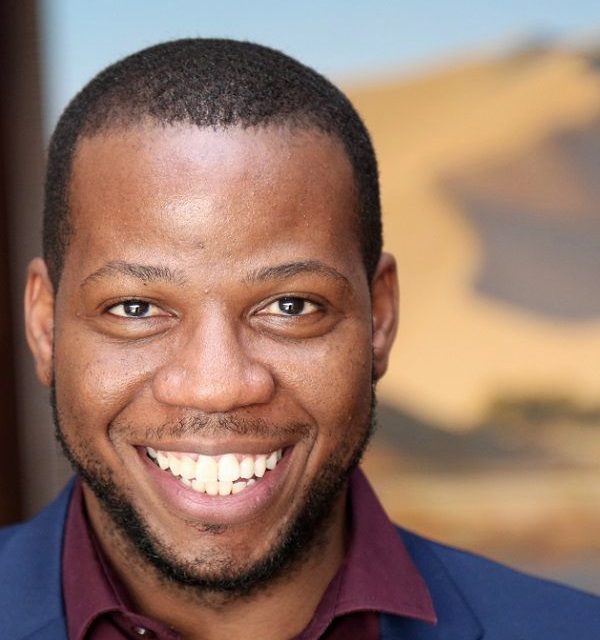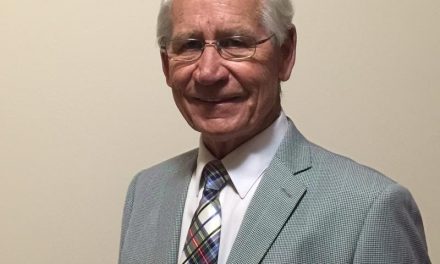
We are definitely not OK!!!

Op-Ed by Steven Bernardus Harageib, Head of Programmes, One Economy Foundation.
The psychological toll of the COVID-19 epidemic is expected to last for an extended period of time. A sense of hopelessness permeates the atmosphere in our country, which is engulfed in anxiety and stress. In a sense, we are going through a period of collective grief. Collective grief occurs when a group of people, a society, or a nation all experience extreme change or loss at the same time.
While grieving is a personal journey that can be isolating at times, it can also bring people together.
Grief is something that everyone goes through at some point in their lives. Grief is a natural emotion that we all have the ability to express. Grief does not have a predetermined length of time during which it will last. This is true both on a personal and on a collective level, as well. The need to allow it to run its course is imperative.
We are all losing loved ones, friends, family, family friends, colleagues, and neighbours as a result of the coronavirus, no matter where we are in the world. Every aspect of our lives has been impacted, including how we grieve, how we care for ourselves, and how we support one another. Our ability to comfort one another through daylong, weeklong vigils and memorials has waned over time. As a result, we are not only losing loved ones, but we are also losing our ability to grieve and support one another in an appropriate way.
Another consequence of the current economic downturn is the loss of employment opportunities. However, while the world as we know it has changed in some ways, it has also remained largely unchanged in other aspects with inequalities further getting entrenched. Numerous people experience uneasiness or yearn for something they are unable to describe verbally. As the pandemic has progressed, we have had to deal with the disintegration of communities, the loss of safety, the disruption of social connections, and the insecurity of financial resources.
Experiencing sadness over loss is natural. We are allowing grief to do its work and allowing ourselves to move. Grief may seem tumultuous, we will go through periods of sadness and mourning, but we should also expect periods of acceptance and even happiness. People who are adept at coping with loss are more likely to move in and out of those states on a regular basis.
The difficulties we are currently experiencing are in no way comparable to those we have faced in the past. It may be beneficial to write about difficult transitions such as coping with the loss of a job, having your studies interrupted, or even death of a loved one. It is critical to remember that you are not required to be OK, in the sense that being strong does not always imply being well-put-together; it is perfectly acceptable to not be okay at times.
Maintaining social connections is still important even as we prepare for the worst case scenario. It is critical to receive social support in order to help you overcome your grief, rather than becoming trapped in it while maintaining social distance from others. Even after the lockdown period has ended, it is important to continue to check on people and to keep the support system up and running.
As things begin to return to normal, the vast majority of us will also return to a certain level of normalcy, albeit one that has been altered as a result of our experience. Some people will experience chronic disruption and will require assistance in their recovery. This is a subset of people who will require assistance in their recovery.
Let us maintain social distancing without losing our social ties and connections. If you are experiencing grief, it is critical that you do not avoid or suppress your feelings; instead, seek professional assistance. It’s critical to recognize that, during this difficult time, there are multiple layers of loss taking place all around us. We must be patient with ourselves as we deal with the collective loss of the world as we knew it, and we must also be patient with those around us.











































